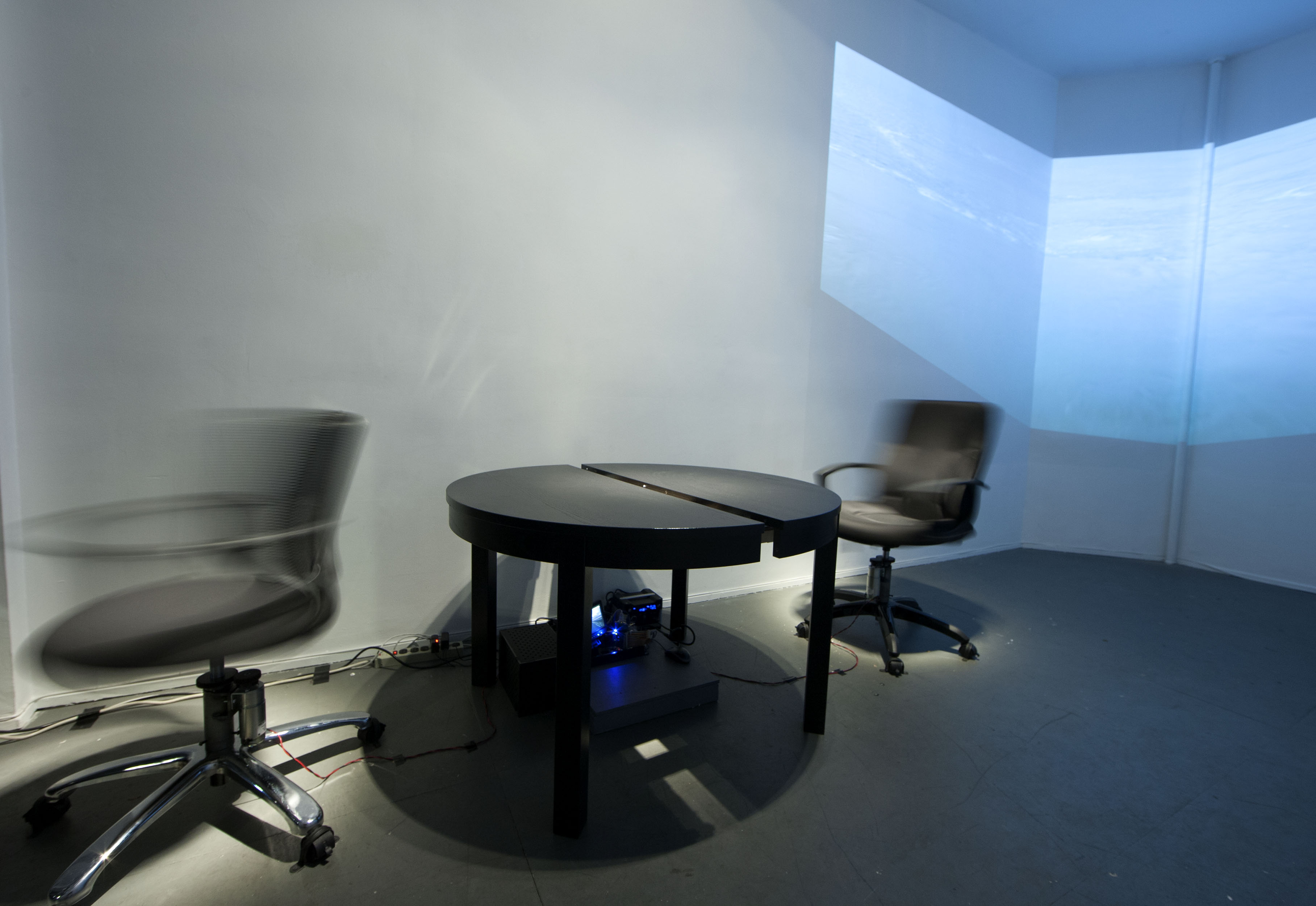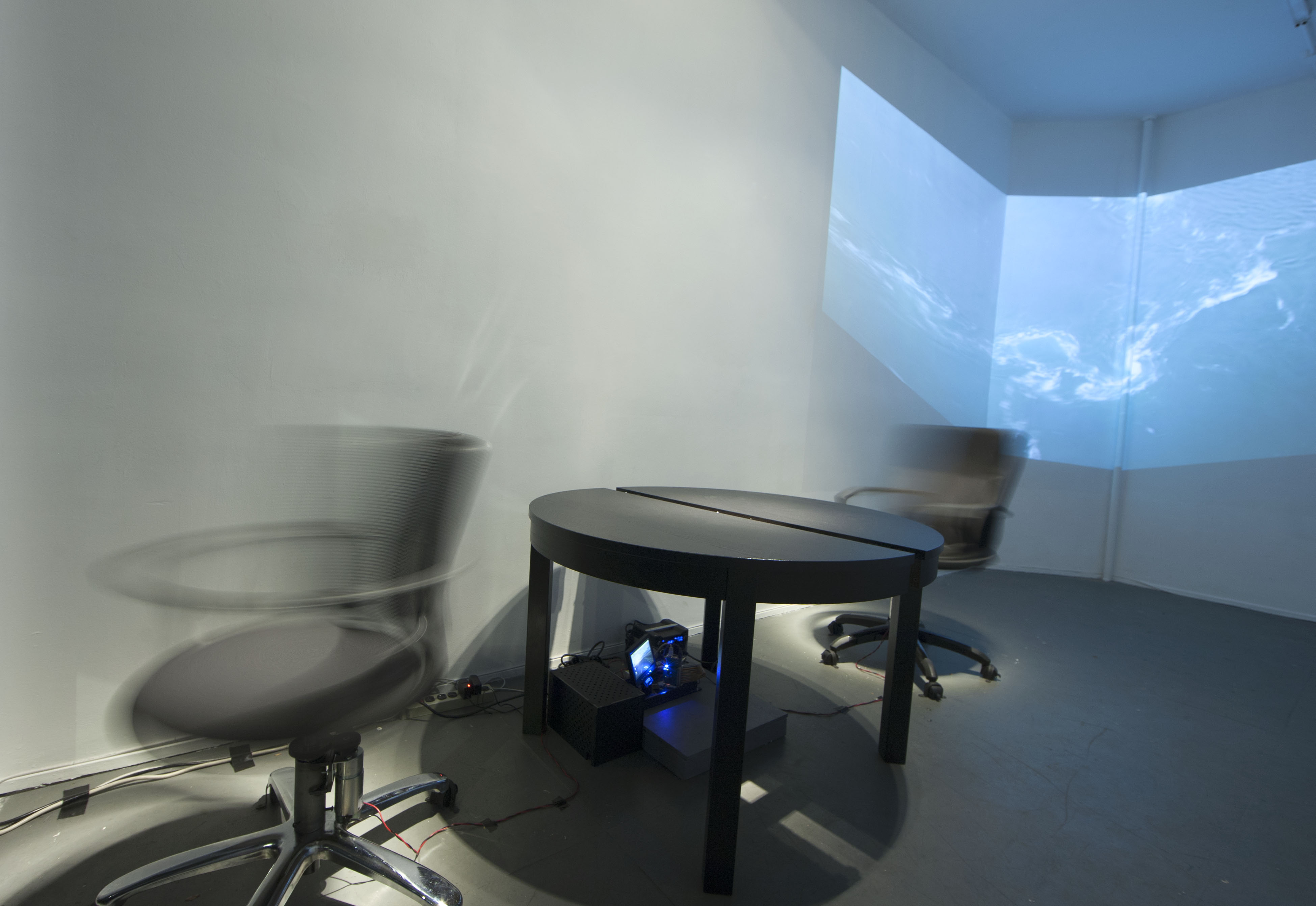NICHOLAS HAMILTON
If you want to keep a secret you must also hide it from yourselfNovember 16 - December 16, 2018
Opening reception: Friday, November 16, 6-8 pm




“We have witnessed abuse, harassment, troll armies, misinformation campaigns and increasingly divisive echo chambers…We didn’t fully predict or understand the real-world negative consequences. We acknowledge that now.” - Jack Dorsey, CEO Twitter
Neuroscientist Tali Sharot calls Twitter the amygdala of the internet, that part of the brain which controls involuntary, unconscious responses associated with fear, arousal and emotional stimulation. The dopamine-driven feedback loops of social media ensnare us in a purely reactive state while the specter of politicized bots tweeting and trolling from automated accounts helps to fan the flames of our runaway polarization.
If I agreed with you we’d both be wrong takes online hostility and anger from across the political divide as its raw material. Digital rage is the fuel that propels two office chairs to spin through motors connected to their shafts. Each are driven independently by a sentiment analysis program that scrapes contentious hashtags on Twitter in real time, playing out the spats, arguments and invective of our current political moment through the chair’s rotations.
Following the 2016 US presidential election result, George Orwell’s 1984 returned to bestseller lists. Undoubtedly, the central themes in the novel published in 1949 of totalitarianism, perpetual war, the distortion of language, state surveillance and censorship resonate today. It is as if ‘fake news’ and ‘alternative facts’ fell directly out of the book’s pages. Orwell himself was a political thinker who was never afraid to adapt his thoughts to emerging developments rather than trying to reconcile those developments with the rigidity of his thoughts. He embraced complexity, appeared inconsistent at times and was as open to criticizing his own position as that of his opponents, all qualities we can draw on in our polarized climate.
The frightening thing was that it might all be true features drone footage shot at the Corryvreckan whirlpool off the west coast of Scotland where Orwell almost drowned while on a boat trip with his family. At the time, he had been writing 1984 in a house leant to him by a friend on the adjacent Isle of Jura. As Suzi Gablik writes ‘Perhaps we can find a way to pass through these conditions and transcend them, like Edgar Allen Poe’s sailor who was able by careful observation as he sank into the maelstrom to understand the nature of the vortex, and thus be carried up by the same spiral that sucked him down.’
Nicholas Hamilton is a Brooklyn-based artist, born in Omagh, Northern Ireland and grew up there during the sectarian violence that came to be known as The Troubles. He has a BA in Theology from Trinity College Dublin and an MFA with Distinction in Visual Art from Pratt Institute, Brooklyn, New York. He has exhibited widely in Europe and the United States most recently at the Bronx Museum of the Arts and the Dorsky Gallery, Long Island City.